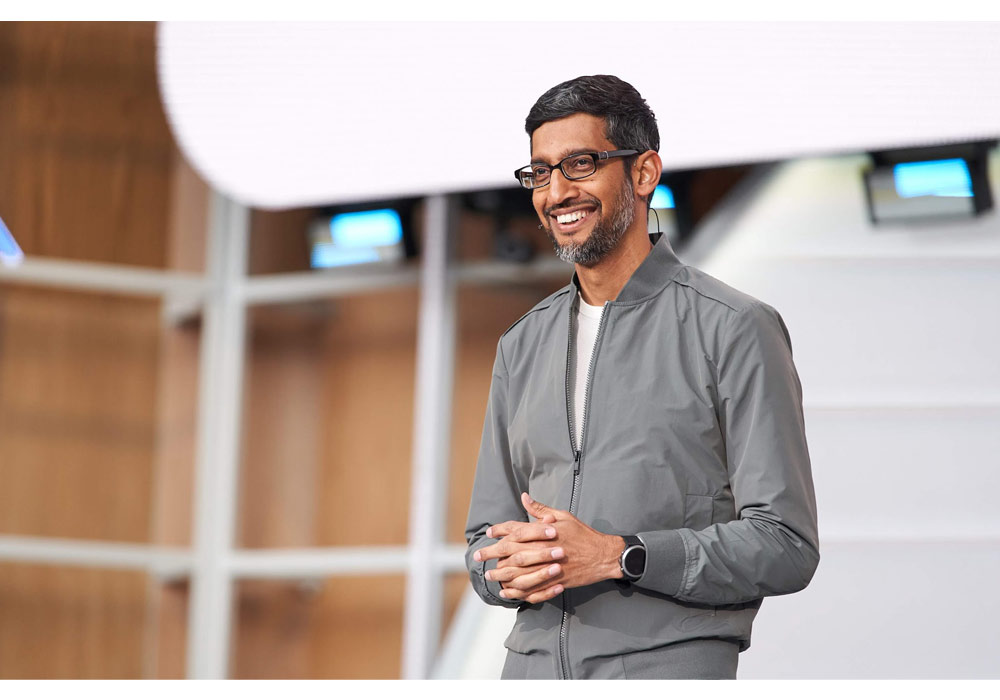
Apple has always been very vocal about privacy.
With the iPhone maker focusing on keeping users' personal information where they belong, the company has marketed its products by boasting privacy, to even pronouncing itself with a simple tagline: Privacy. Is that’s iPhone?
The Cupertino-based company does that to shame on Android, and Google.
For reasons, Google thrives on the web because the company has an array of (free) products that are useful and beneficial. But nothing is really "free" because Google's main source of revenue, which comes from its eerily targeted ads, are powered by trackers that follow users wherever they go on the web.
This is why Android is not a good friend of privacy.
While yes, there are ways to turn off Google's tracking abilities. But doing so, can eliminate the Google experience users have long craved for.
Knowing that the market is demanding more privacy from the company, Google said that it's looking forward to make that happen.
At the Google I/O developer conference in 2019, CEO Sundar Pichai said that the company is building a way where users can manage their data by just tapping on their profile picture at the top of mobile search pages.
According to him, this data portal can include shortcuts where users can access the auto-deletion tool that Google announced earlier.
Going deeper than that, Pichai also said that Google is coming with more ways to lock down personal data while users are using its products.
Then there is Google in working on bringing Incognito Mode for Maps.
The Incognito feature has long existed in Chrome. In Maps, things work similarly: when it is switched on, Google said that it won't link any searches or navigation to the users' account.
Instead of encouraging users to turn off Google location tracking altogether (which certainly can restrict Google's ability in gathering data), the Incognito Mode is like a workaround for those users who just hate Google trackers, but only for the Maps app.

As for Android, Google announced that the Android Q update is allowing users to cut off location data from apps that aren’t being actively used.
Initially, Android Q can remind users when an app is collecting location data in the background, and can provide a “Location” menu in settings where users can quickly change each app's permissions. The Android version also adds a 'Privacy' section in Settings, where users can easily check on activity data, ad preferences and more.
At the 2019 I/O event, Pichai also mentioned about an initiative called 'Federated Learning', which involves Google in training AI models directly on users’ devices.
The idea here is to minimize, or avoid sending users’ personal data to the cloud.
Pichai gave the example of Google’s Gboard keyboard that is capable of learning popular slang terns from users without the app having to send everything that users type to Google's servers.
AI in smartphones working without connection and offline is still an early game, even for Google. But with the way Google is saying it, the road is pretty clear.
Although Pichai didn’t mention Apple by name in his privacy pitch, he did suggest that privacy shouldn’t be a "luxury product". In the modern days of tech, it's no secret that Apple's devices cost more than most Android phones.
"We strongly believe that privacy and security are for everyone," he said, "not just a few."